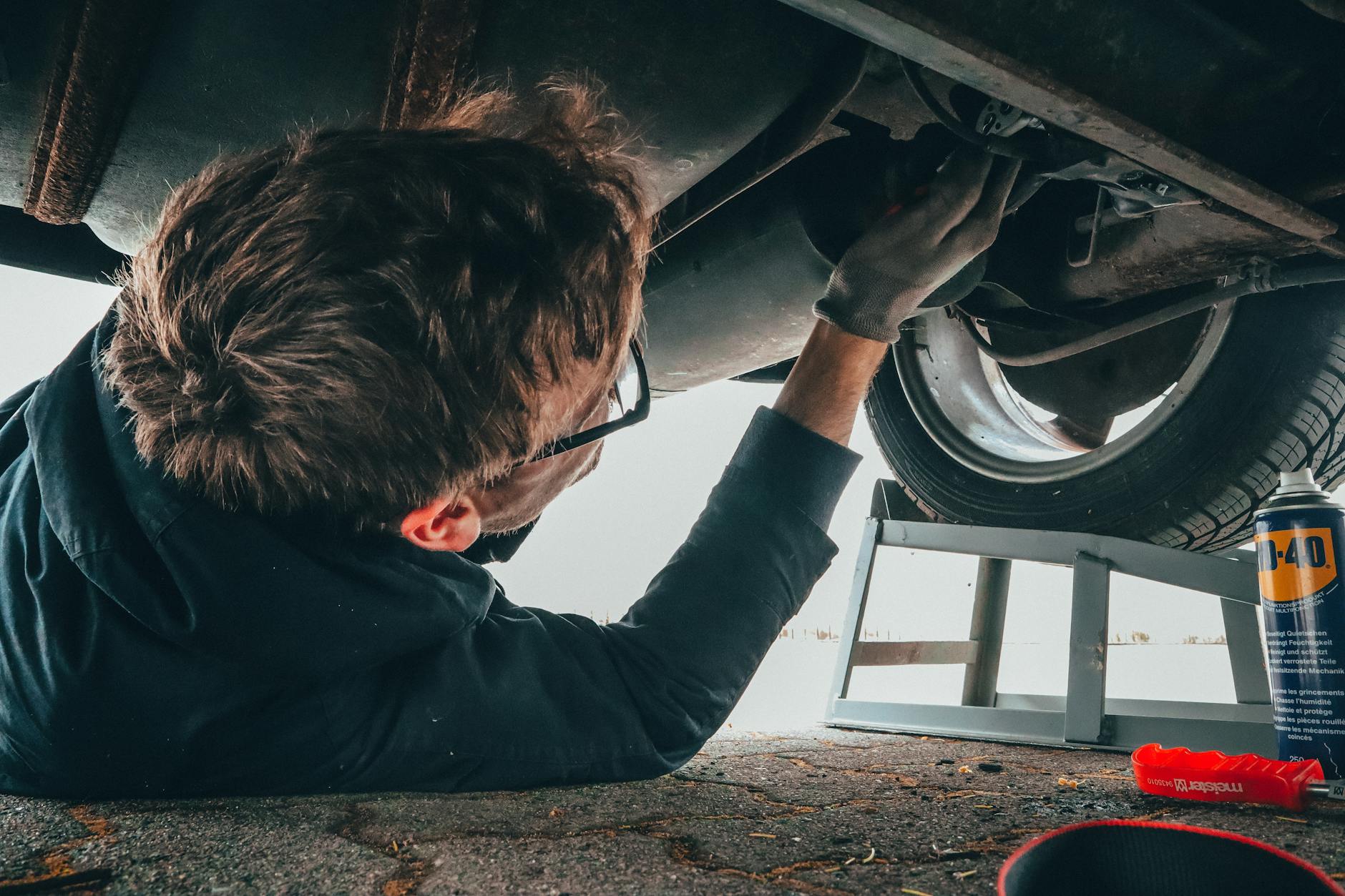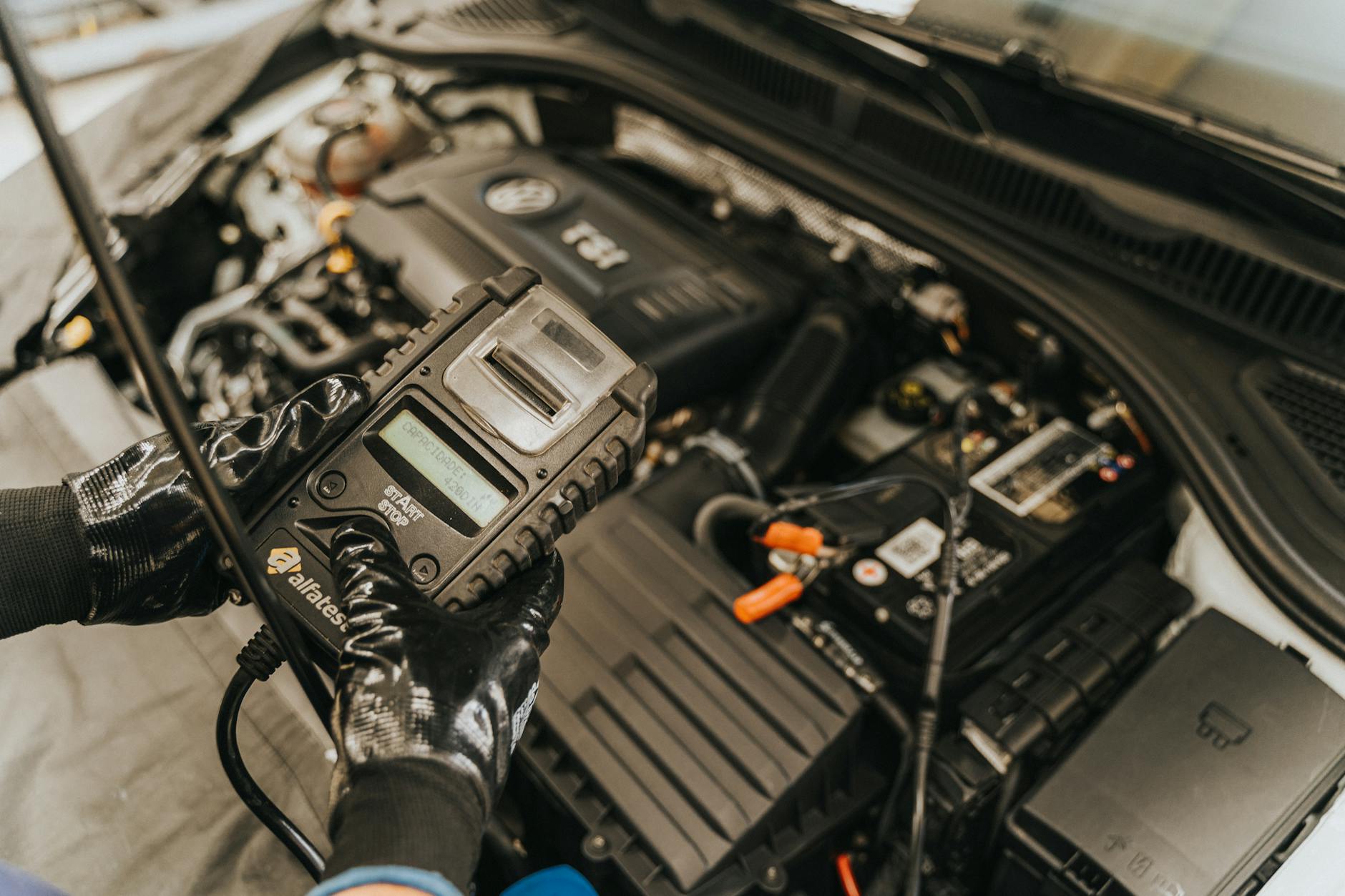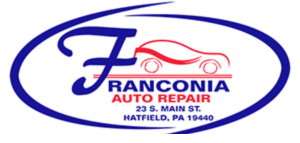

Ignoring that strange noise under the hood or a tiny dashboard warning light might not seem like a big deal, but the cost of skipping small car repairs can be higher than most drivers realize. Minor issues often snowball into major, expensive repairs that compromise your vehicle’s safety, reliability, and lifespan. Addressing problems early is almost always more affordable than waiting until they become severe. The cost of skipping small car repairs isn’t just financial—it could also mean unexpected breakdowns and increased risk for you and your passengers on the road.
Letting minor car issues slide might seem harmless at first, but it’s like ignoring the first few drips from a leaking pipe—sooner or later, the consequences can spill over into your wallet. From skyrocketing repair bills to ongoing fuel inefficiency, the cost of skipping small car repairs always adds up.
It might start with something seemingly insignificant—say, a small crack in your windshield or squeaky brake pads. But did you know these “small problems” can quickly escalate?
Think of your car’s maintenance as a chain. Weak links, if untreated, will eventually snap—leaving you with hefty bills you could’ve easily avoided. According to a Yahoo Finance article, delayed car repairs can end up costing as much as $1,193 annually. The cost of skipping small car repairs isn’t just financial—it takes away peace of mind down the road.
Nobody anticipates their car suddenly breaking down mid-commute or on a long road trip. But when that happens, a simple lapse in maintenance could balloon your costs overnight:
This is where the cost of skipping small car repairs becomes painfully obvious—what starts as a cheap fix ends in high-stakes breakdowns.
Neglecting routine maintenance doesn’t just impact repair bills—it can also punch a hole in your gas budget. Here’s how:
When you ignore these issues, you’re literally paying more to drive less. The cost of skipping small car repairs shows up at every fuel stop—mile by mile, dollar by dollar.
It’s easy to dismiss a strange sound or flickering dashboard light, but neglecting these issues can lead to serious safety hazards:
Worn pads can escalate into metal-on-metal grinding, leading to total brake failure. Maintaining your brake system is essential, and the cost of skipping small car repairs could be measured in lives, not just dollars.
Under-inflated or bald tires cause blowouts and hydroplaning. A little maintenance could prevent major accidents—and keep your tires roadworthy.
Cracked windshields distort vision, and dim headlights reduce visibility. These “minor” problems can directly cause collisions, proving that the cost of skipping small car repairs goes far beyond mechanics—it affects your safety.
Small issues don’t stay small for long. They snowball into damage that tanks your car’s value and lifespan:
Ultimately, the cost of skipping small car repairs is paid in reduced value, decreased reliability, and shorter vehicle lifespan.

Addressing small repairs as they arise not only saves you money but also protects your vehicle’s warranty, resale value, and long-term performance. Whether it’s a creaky door hinge or a faint engine rattle, minor fixes are worth the effort to secure your car’s future.
Overlooking small car repairs isn’t just a financial or safety risk—it’s a serious environmental concern. Neglecting these fixes often leads to increased vehicle emissions and improper fluid management, both of which can wreak havoc on the planet. Here’s a closer look at how these issues compound the environmental toll.

Failing to address overdue repairs like faulty catalytic converters or clogged air filters doesn’t just hurt your car’s performance—it directly increases harmful emissions. Catalytic converters, for example, are designed to filter toxic pollutants from your car’s exhaust system. When they are damaged or malfunctioning, your vehicle releases higher levels of carbon monoxide, hydrocarbons, and nitrogen oxides into the air.
Dirty air filters play a similar role in harming the environment. They restrict airflow to the engine, leading to incomplete fuel combustion, which exacerbates the release of hazardous emissions. According to VehicleCare, even minor inefficiencies in your catalytic converter can lead to significant environmental harm and decreased fuel economy.
When you skip essential maintenance, the result is like letting a dripping faucet run. Instead of water waste, you’re releasing pollutants into the air with every mile you drive—polluting the air we all breathe.
Leaking automotive fluids may appear as harmless puddles under your car, but they have serious environmental consequences. Common fluids like engine oil, coolant, or brake fluid can seep into the ground, contaminating soil and potentially entering waterways. Once in the water, these substances can poison fish, destroy vegetation, and disrupt natural ecosystems.
For instance, even a small oil leak can spread over a large surface area in bodies of water, forming layers that block sunlight and restrict oxygen levels. According to the NOAA’s Office of Response and Restoration, oil spills—no matter how minor—pose significant risks to marine life, killing fish and other organisms that form the foundation of the food chain.
Automotive fluid leaks aren’t just ecological disasters in waiting—they’re avoidable. Simple measures like fixing a cracked oil pan or sealing a radiator leak can help prevent these harmful substances from reaching the environment. Address leaks early, and you’re not just protecting your car—you’re protecting the planet.
When it comes to managing car repairs, tackling issues early through preventive maintenance can save you a significant amount of money and stress. Think of your car as you would your own health—routine check-ups and minor adjustments are far cheaper and less disruptive than waiting for a major problem to develop. Here’s how you can turn preventive maintenance into a practical, cost-effective strategy.

Building a structured maintenance schedule is one of the most effective ways to stay ahead of the cost of skipping small car repairs. Without a strategy, it’s easy to lose track of crucial tasks like oil changes or brake inspections, making you more likely to encounter avoidable breakdowns. Here’s how to get started:
Establishing a maintenance routine is like keeping a household budget—you don’t wait for a financial crisis to start planning. A little preparation today can save you a lot tomorrow.
Addressing small issues before they grow into costly problems offers several undeniable benefits. Apart from financial savings, you also gain considerable peace of mind and safety:
Think of your car as a living system where every part depends on others to function smoothly. Addressing issues early is like watering a plant—it’s far easier to do this when the roots are healthy than to revive it once it’s withering. Preventive maintenance is not just an expense; it’s an investment in keeping every drive hassle-free and budget-friendly.
The cost of skipping small car repairs might seem insignificant in the short term, but over time, it adds up—financially, environmentally, and in terms of safety. Addressing minor issues early keeps your expenses under control, extends your vehicle’s lifespan, and ensures reliable, safe operation on the road.
Don’t let convenience today become regret tomorrow. Schedule that maintenance or repair you’ve been putting off. Your wallet, your safety, and the environment will thank you.

